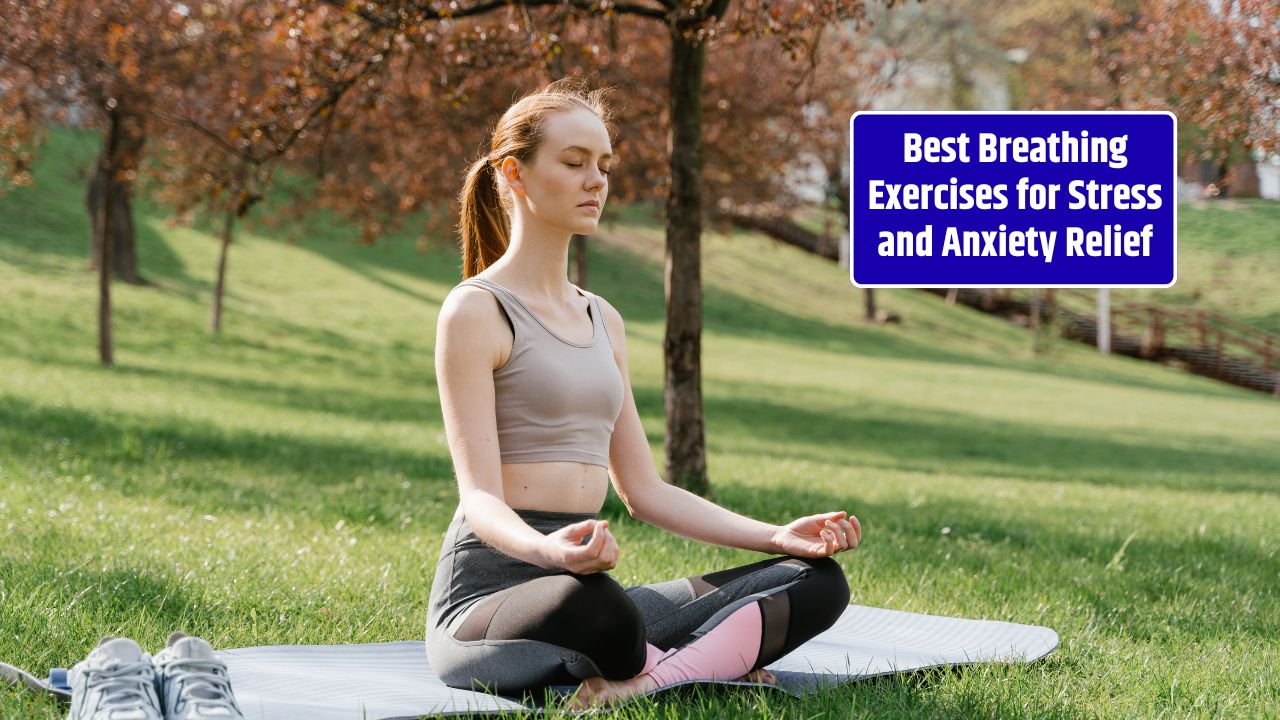Some people swear by sunrise workouts—the quiet gym, the endorphin rush that jump-starts the day. Others insist nothing beats an evening sweat session to shake off the stress of work. But when it comes to fitness, is morning better than evening, or is it really just personal preference dressed up as science? Let’s break it down.
The Case for Morning Workouts
Morning workouts have a loyal fan base for good reason.
- Consistency Boost: You’re less likely to skip if it’s the first thing you do. Fewer distractions, fewer excuses.
- Metabolism Kickstart: Studies suggest early exercise may enhance fat burning by nudging your metabolism early in the day.
- Mood & Focus: A good sweat session releases endorphins, which can translate to sharper focus at work or school.
- Better Sleep: Research from the Sleep Foundation shows morning exercisers often fall asleep faster and report higher-quality rest.
But here’s the catch: rolling out of bed for a 6 a.m. HIIT session isn’t easy if you’re a night owl. Sleep deprivation will sabotage progress faster than any “fat-burning” advantage.
The Case for Evening Workouts
Evening sessions come with their own perks.
- Peak Performance: Strength, flexibility, and endurance tend to be higher later in the day. Muscles are warmer, and reaction time is sharper.
- Stress Relief: After a long day, exercise doubles as therapy. It’s a natural way to clear your head before winding down.
- Social Factor: Gyms, group classes, and sports leagues are buzzing in the evenings—great if you thrive on community energy.
- Fuel Advantage: You’ve eaten meals throughout the day, so you may have more energy to push harder.
The downside? A packed gym at 6 p.m. isn’t exactly serene. And for some, late workouts—especially high-intensity ones—can delay sleep.
Science Says… It Depends
Research doesn’t crown one time of day as universally better. What’s emerging instead is this: morning workouts may be slightly better for fat metabolism and sleep, while evening workouts may give a performance edge. A 2022 study published in Frontiers in Physiology found men burned more fat exercising in the evening, while women saw greater fat loss in morning sessions. The differences aren’t massive—but they do suggest your body’s circadian rhythm plays a role.
Quick Comparison
| Factor | Morning Workouts | Evening Workouts |
|---|---|---|
| Consistency | Easier—fewer distractions | Risk of late cancellations |
| Energy & Performance | Lower at first, improves over time | Naturally higher |
| Fat Metabolism | May burn more fat | May support muscle building |
| Sleep Impact | Improves sleep quality | May delay sleep if too intense |
| Stress Management | Sets a positive tone for the day | Relieves stress at the end of day |
How to Choose the Best Time for You
- Check Your Schedule – If mornings are chaotic, evening workouts may be more realistic.
- Listen to Your Body – If you’re sluggish in the morning, your form and effort may suffer.
- Experiment – Try two weeks of each and track how you feel, perform, and recover.
- Prioritize Sleep – Consistent 7–8 hours of rest beats any specific workout time.
- Make It Sustainable – The best workout is the one you’ll actually do regularly.
FAQs:
Is it bad to work out late at night?
Not necessarily, but intense sessions within an hour of bedtime may make it harder to fall asleep.
Will I burn more calories in the morning?
Not significantly. Total calories burned over time depend more on intensity and duration than time of day.
Do morning workouts help with weight loss?
They may, since exercising in a fasted state can enhance fat utilization. But overall diet matters more.










